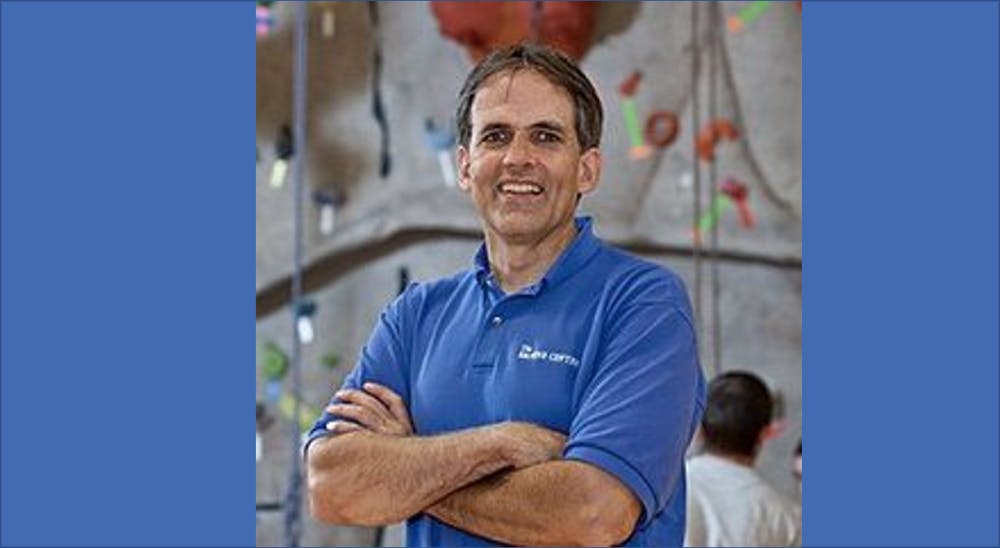"Now more than ever, it's become more difficult to be 13 to 18 years old," said Mike Gass, professor of outdoor education and director of the University of New Hampshire's Outdoor Behavioral Healthcare Center. "Substance abuse, depression, and anxiety are key things that our adolescents are facing."
To combat these, Gass and his team of researchers are conducting first-of-its-kind research into the effectiveness of outdoor behavioral health (OBH), also known as wilderness therapy. It's a prescriptive treatment for teens struggling with the issues Gass mentioned, which involves the use of wilderness experience such as hiking and climbing with licensed mental health professionals. For this study, UNH has received $2.7 million in grants.
Gass said that the research team is comprised of “All-Star” faculty including Professor of Social Work Dr. Anita Tucker and Assistant Professor of Social Work Tarkington Newman, Associate Professor of Education Dr. Suzanne Graham, Associate Professor of Health Management & Policy Dr. Semra Aytur, UNH-Manchester Psychology Professor Dr. Nick Mian and Education Doctoral student Kendra Bostick.
"The goal," Gass said, "is to try to find out, how do we best serve this community and make a difference in their lives, to serve them better." This will ultimately involve trying to "understand how to construct and implement better treatments" for these teens.
Gass said that the study will lead to "hopefully a better understanding of how to help these children with critical needs."
The fact that this is the first clinical study of its kind means that the study will have "numerous safeguards," Gass said. The grant, Gass said, "enables us to construct the research project using rigorous control features to produce the true effect that is occurring with these adolescents."
The structure of the study itself will involve randomizing treatment for 84 adolescents, providing half of them with wilderness therapy and the other half with cognitive behavioral therapy (CBT), the standard non-pharmaceutical treatment.
The study will take into account other factors that could influence the adolescents' outcomes, including socioeconomics, and vigilantly monitor the adolescents' progress. There will be evaluation of the adolescents before the program begins, six months after, and then a year later, to see how long any effects from the therapy last.
Gass compared the process to the procedure of making the COVID-19 vaccine. In those trials, scientists consider, he said, "Was the drug safe, if it's safe does it work, and then if it works can we distribute it to make it work for individuals, and the last thing is how do we get it out there."
"We're going through this same type of process," Gass said. The research is more or less on step two, he said – they know OBH is safe, and are now looking at the therapy in terms of effectiveness and how to "get it out there," as Gass said.
Another important factor with both the COVID-19 vaccine and this study, Gass said, is how long the effects last. "This research project only goes for one year after," he said, but "then we'll come back in a few years and see what happens."
Gass has previous experience doing work like this in transitionary houses and group homes with young adults. He said that they were "fortunately able to take the House members to do wilderness experiences as part of their treatment," and said that amid a number of valuable contributing factors, he saw good results from the wilderness therapy.
Gass has also conducted research into the cost-effectiveness and treatment completion rates of OBH, and found the treatment to be both successful and cost-effective, which could help open up avenues for providers and patients to choose wilderness therapy as a treatment option.
With the current study funded by grants from a collection of family foundations, Gass is looking forward to furthering the collective understanding of this field. "It's exciting to be doing this work," he said, and he hopes to make a difference with the results.
Photo courtesy of the OBH Center.












